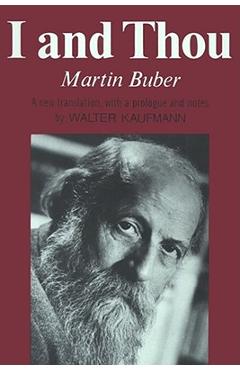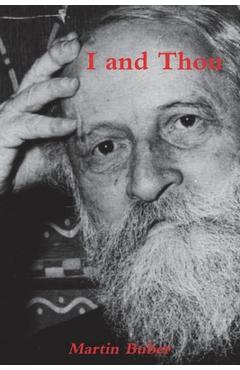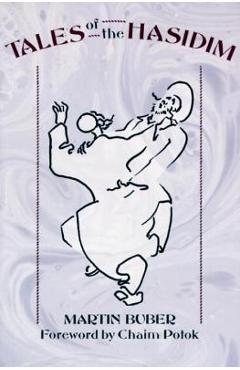Hasidism - Martin Buber

Detalii Hasidism - Martin Buber
libris.ro
100.44 Lei
111.6 Lei
Philosophy
Martin Buber
Hasidism - Martin Buber - Disponibil la libris.ro
Pe YEO găsești Hasidism - Martin Buber de la Martin Buber, în categoria Philosophy.
Indiferent de nevoile tale, Hasidism - Martin Buber din categoria Philosophy îți poate aduce un echilibru perfect între calitate și preț, cu avantaje practice și moderne.
Preț: 100.44 Lei
Caracteristicile produsului Hasidism - Martin Buber
- Brand: Martin Buber
- Categoria: Philosophy
- Magazin: libris.ro
- Ultima actualizare: 05-06-2025 16:21:01
Comandă Hasidism - Martin Buber Online, Simplu și Rapid
Prin intermediul platformei YEO, poți comanda Hasidism - Martin Buber de la libris.ro rapid și în siguranță. Bucură-te de o experiență de cumpărături online optimizată și descoperă cele mai bune oferte actualizate constant.
Descriere magazin:
Famous Zionist philosopher Martin Buber introduces the philosophies of Hasidism to a Western audience in his modern masterpiece. This book is a result of forty years of study, and Buber interprets the ideas and motives that underlie the great Jewish religious movement of Hasidism and its creator, Baal-Shem. Buber\'s interpretation of Hasidic stories and teachings influenced a new generation to turn to Hasidic teachings, and his collection Hasidism continues to affect Jewish scholarship worldwide. With his lasting work in both Hasidism and Zionism, Buber imagined a renewal in the Jewish faith, and his philosophies and idealisms enrich the pages of this book, making it a must-read for any Jewish or religious scholar. Martin Buber (1878-1965) was an Austrian-born Jewish philosopher, essayist, translator, and editor most known for his German translation of the Bible, his religious existentialism philosophy, and his role in the Zionist movement. Buber grew up in Vienna during the rule of the Austro-Hungarian Empire, which fell after World War I. He was raised by his grandparents, who introduced him to Zionism and Hasidism at a young age. Buber had a knack for language and learned more than ten different languages during his school years. After school, Buber was recruited to lecture on Jewish religious studies at universities, educational centers, and Jewish groups. In 1938, as the Nazi Party gained power, Buber left Germany and settled in Jerusalem. He continued to lecture in Jerusalem at Hebrew University. Known for politically utopist ideals including anarchism and socialism, Buber became a leader in the Zionist movement and supported a bi-national solution to the Israel-Palestine conflict. In 1951 he received the Goethe award of the University of Hamburg and in 1953 the Peace Prize of the German Book Trade. In 1958, he won the Israel Prize. In 1963, he won the Erasmus Award in Amsterdam. He lived and worked in Jerusalem until his death in 1965.

Produse asemănătoare
Produse marca Martin Buber

The Way of Humanity According to Chasidic Teaching - Martin Buber
![]() libris.ro
libris.ro
Actualizat in 28/10/2025
88.91 Lei




